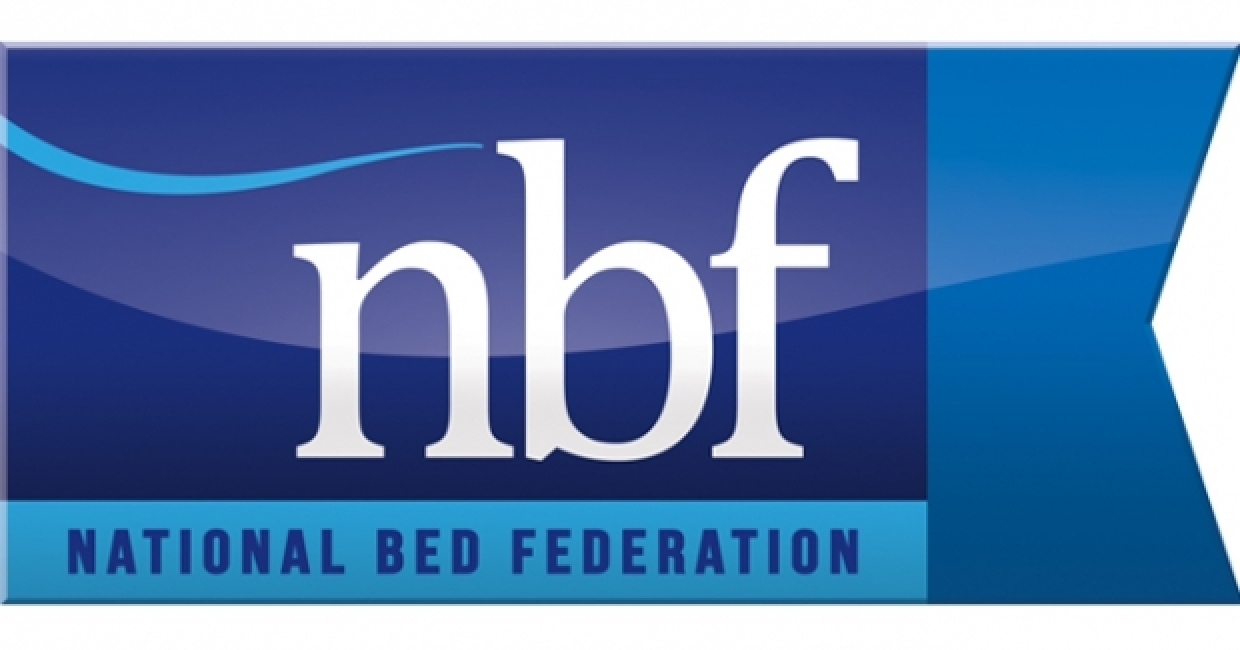There are a lot of mattress and bed manufacturers out there - official statistics put the number at over 150. That’s a lot of competition!
I’d love to be able to say that, of course, all these 150-odd manufacturers are legal, decent and honest traders. If only. Sadly, we are finding that’s not so.
We get that marketing speak can be somewhat flowery and imaginative – but over-inflated claims about luxury layers of memory foam, along with glowing references to a mattress’ many benefits are hard to swallow when you find out there’s only a layer of the stuff less than 6mm thick sewn into the ticking! Claims of high spring count pocket units, when it’s only a standard open-coil unit, are also all too common.
Trouble is, customers can’t look inside mattresses to check the claims made are genuine. They take what’s said on trust. And, while concerns about products which don’t meet fire safety regulations are both genuine and worrying, it’s these trade description contraventions we are hearing about more and more frequently.
It was to try and counteract some of this dishonesty that the NBF launched our Code of Practice back in 2014, and we continue to audit our members against the code’s criteria on a regular basis.
Now we’re going a step further and launching a new programme of random Due Diligence testing of both member and non-member products. We will be purchasing around 50 products this year – a mixture of mattresses, headboards and bases - and subjecting them to detailed scrutiny against the NBF code criteria, which are basically all regulatory requirements.
Do they meet the requirements of the flammability regulations? Do they meet the trade descriptions requirements of unfair selling regulations (for example, do they actually contain the features that are claimed for them, or, conversely, contain components they shouldn’t – used spring units, for example - which have not been identified as such)? Are they meeting textile composition labelling requirements? Can the company respond to enquiries about chemicals, as REACH regulations require them to do?
Findings will be reported to all companies whose products have been selected, and we’ll be working with those companies who don’t comply to ensure they are aware of – and correct – any issues.
As with all things, it’s a matter of degree. Some of the issues will only require minor tweaks to put right, and others will no doubt be sufficiently serious to make one wonder if companies are knowingly avoiding their responsibilities – probably to save costs and undercut the competition. The British consumer is such a sucker for a bargain!
We’re aware that there are other areas of importance as well as the products themselves – or at least there should be. For example, issues including employment, environmental concerns and health and safety. So we are considering how to address these areas better through the mechanism of the NBF Code of Practice, which is going through its normal review process during the course of this year.
There will always be rogue traders, but at least the NBF is doing something positive to tackle the problem. By raising awareness and setting standards, we are giving retailers and consumers greater reassurance that if they buy from an Approved NBF Member, what they’re buying is safe, clean and honest – and so is the company they’re buying it from.
We might not be able to 100% guarantee that – but without all the checks that we are doing, how can you be sure that a non-member is as reliable as an NBF one?
Jessica Alexander is the executive director of the National Bed Federation, a trade association comprising UK bed manufacturers, mattress manufacturers and suppliers.








